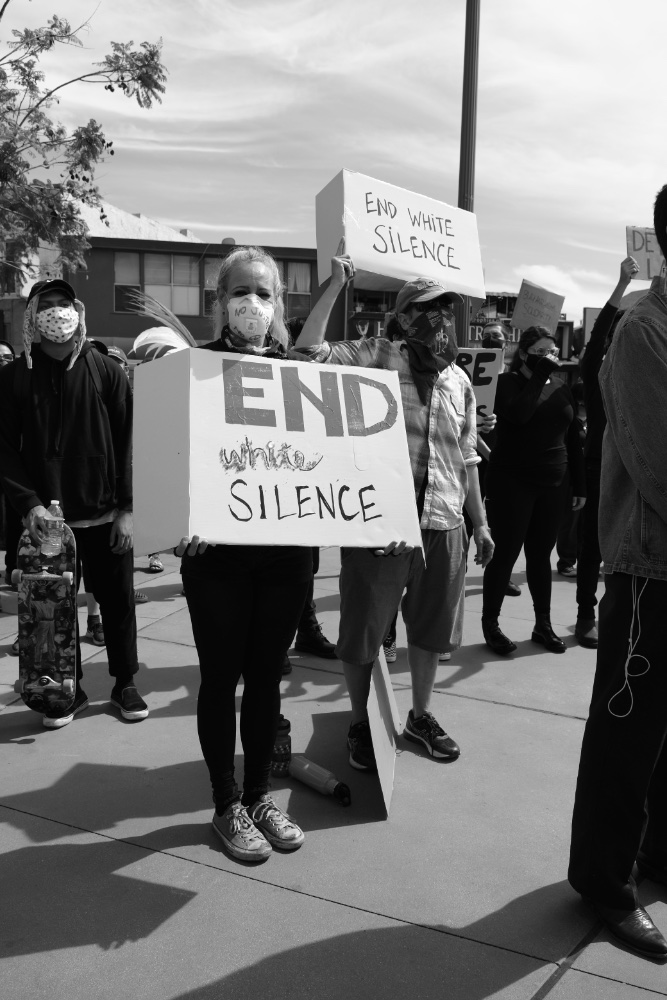 After the recent murder of George Floyd, which has erupted protests around the world, I’ve been taking a hard look at my whiteness and how blind I’ve been to the reality of Black people, particularly in the United States. I’m noticing a growing desire within myself to listen and educate myself in my own ignorance, while being careful not to get caught in the trap of unproductive white-guilt. “Why now?” people ask. Why are people like me taking more action than ever before? Why are white people’s eyes opening more? Why has it taken so long? I think part of the reason is the pandemic, which has caused all of us to be more introspective about our place in the world, our importance, our sense of control or status. It’s caused us to ask ourselves a lot of questions.
After the recent murder of George Floyd, which has erupted protests around the world, I’ve been taking a hard look at my whiteness and how blind I’ve been to the reality of Black people, particularly in the United States. I’m noticing a growing desire within myself to listen and educate myself in my own ignorance, while being careful not to get caught in the trap of unproductive white-guilt. “Why now?” people ask. Why are people like me taking more action than ever before? Why are white people’s eyes opening more? Why has it taken so long? I think part of the reason is the pandemic, which has caused all of us to be more introspective about our place in the world, our importance, our sense of control or status. It’s caused us to ask ourselves a lot of questions.
My wife Sarah and I have had long conversations about what we’ve been witnessing and feeling. We’ve watched and listened to documentaries and podcasts, talked to our daughter about racism, and engaged our church community in a thoughtful and discerned response. I am especially cognisant of how fear has been driving our communities and systems: fear of Black people, fear of the police, fear of violence, fear that compassion and dignity toward minorities may lead me to feel my group is no longer in power, fear of the other… These all have their source in the evil spirit and their destination is other than God.
The Contemplative Stance
A theme that has been present in my own reflection is what is called the “contemplative stance”. Walter Burghardt, SJ defines contemplation as a “long, loving look at the real.” Richard Rohr defines it as seeing the whole, rather than just the parts (something Sarah talked about last week). It is first a looking, a seeing of the truth (and complexity) of reality, prior to any kind of reacting. When I keep my blinders on, I cannot see the whole. I only see one part of the bubble I’m in. But these days, when I step back far enough, I can see my part in the system. I can see my part in brokenness. I can see the call to do the inner work necessary in myself in addition to the external work that’s also necessary to defeat racial injustice. We can be quick to name all the ways others have to change, but fail to recognise how we have to change. This is what Richard Rohr calls “soft prophecy”. It’s the whole cleaning the inside of our dish first, which is not as visible as something like advocacy or protesting. This “soft prophecy” may seem passive or uninvolved because the inner work is the more invisible work. Advocacy and protesting are necessary, but so is the deep work to allow ourselves to be transformed.
We must acknowledge the reality of implicit and explicit bias that has taken the dignity and lives of countless people of colour throughout history. It not only exists in police, but in you and me. The New York Times’ podcast, The Daily presented a more whole picture of the Rayshard Brooks killing, which happened at a Wendy’s restaurant in Atlanta. It was a stepping back to see the whole. I encourage you to listen to it. It added more complexity to the narrative I was hearing. The officers were clearly de-escalating the situation and Brooks was cooperating. When he began resisting arrest things turned bad. After knocking one officer down, Brooks grabbed the officer’s taser and ran. He turned around and appeared he was going to fire the taser at the cop who was pursuing him, at which point that cop shot Brooks three times. Was there racial bias? I’m sure – since that is something we all carry. When a calm situation turned dire, the police had to make a decision in a split second. They probably didn’t have much time to think. The Brooks killing was certainly different than the George Floyd killing, in which an officer knelt on Floyd’s neck for nearly nine minutes. The racism there was much more explicit, not to mention the exercise of violent power. But regardless of the complexities and nuances of each case, countless Black people die unnecessarily and live in fear. There is clearly a problem. The podcast offered several analyses and raised several questions about the Brooks shooting. He was drunk. Could they have just let him walk home? But what if he returned to his car and drove drunk? What if they didn’t shoot and he tased the officer? What if, then, he grabbed the downed officer’s gun?
What If?
These what-ifs are made from a place of despair, a stance of fear which drives people to worst-case scenarios. This is why we default to systems of violence, rather than systems of compassion and healing. In spiritual direction we often ask the same “what if” question not out of fear, but as a way to look to the hope and promise of the future. “What if we stopped living out of fear and negativity? What if we sought to heal the root causes of crime and violence? What if we didn’t fight violence with violence?” The what-ifs made out of negativity and fear are clearly disproportionately affecting ethnic minorities. We’ve been trained – and so have the police – to default to violence. This is what Jesus and most spiritual leaders throughout history pushed back against. The default to violence is not the contemplative stance. We all get this wrong in some way.
The Ego Doesn’t See the Whole
It is difficult to see the whole, to see all the parts and how they fit, to even peel back the layers and see things we didn’t see, or denied before. I always say that Ignatian spirituality seeks to move us from reaction to response. We react when we’re blinded and just see the parts. But when we’re in a contemplative stance, viewing the “larger frame”, as Rohr says, we can be more discerning in our response. As human beings, we are so easily influenced by the ego, which is directly influenced by the evil spirit. The ego refuses to step back and see the larger view. Rather, it lives into confirmation bias, self-protectionism, and refusal to believe it has a part in anything like systemic racism. The ego is more likely to see what’s wrong in others than in itself. It loves pointing fingers and finding blame elsewhere. It sees the spec in another’s eye, but fails to see the plank in its own. It can never do the inner work required for true spiritual transformation.
Many good people doing good work, even around racial injustice, can fall into the ego’s traps. St Ignatius says, in his Rules for the Discernment of Spirits, that for one who wants to pursue good, the evil spirit is often disguised as an “angel of light” appearing like the good spirit. Our good course begins—subtly—shifting toward pride, toward the ego. It becomes corrupted and we sometimes don’t realise this until it’s too late. We must all be aware of this tendency in ourselves. When our deeper selves – our true selves – allow the good spirit to uncover the lies of the ego, we can then do that inner work and be transformed. But we have to see first! That takes humility.
In regards to racism, implicit bias cannot be wished away, but it cannot be excused. Ignatius knew the enemy of our human nature, but he—and Jesus—knew that deep societal, human transformation begins with the quiet and contemplative inner work each of us has to do.
What’s the inner work you’re being called to do?
Listen to the podcast version of this post…

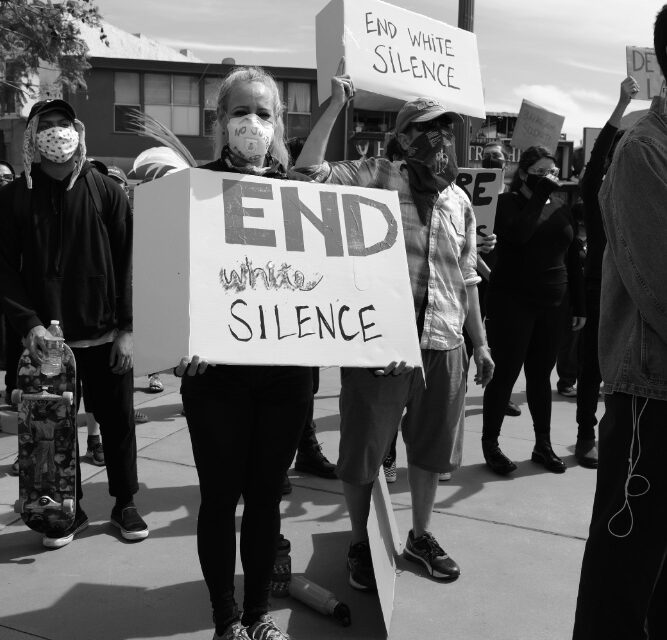
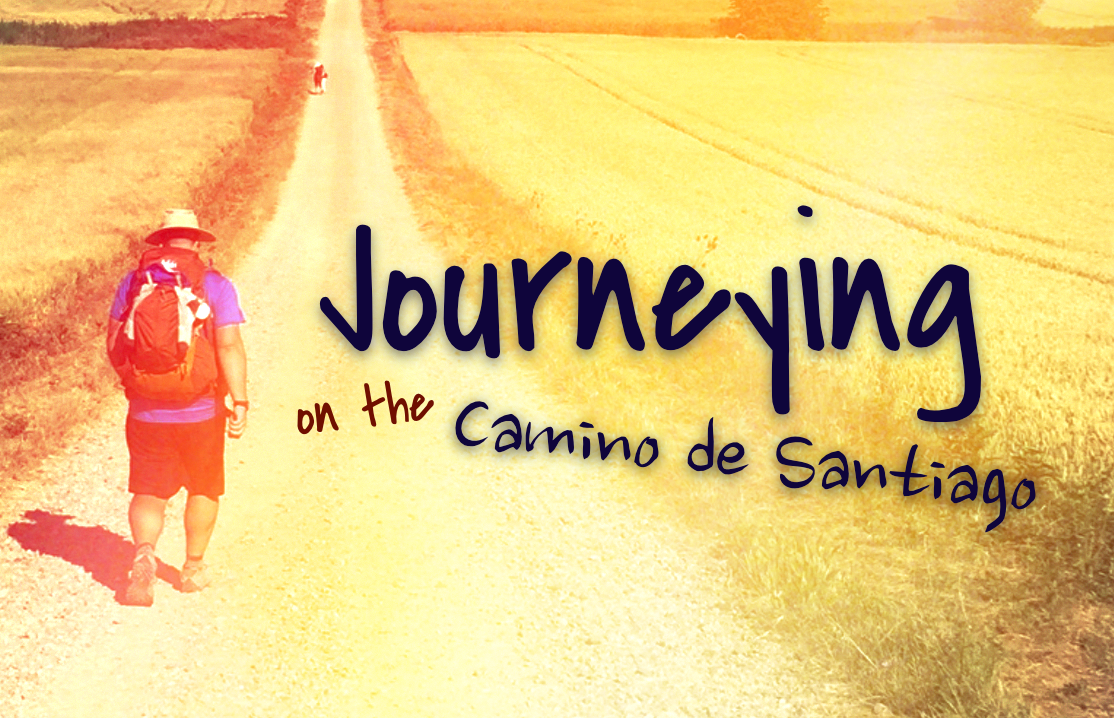


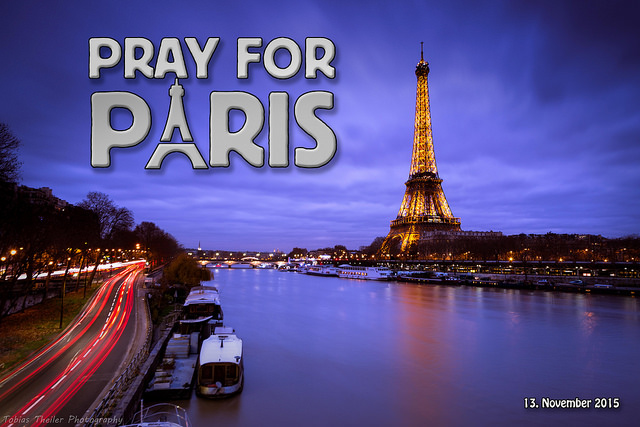
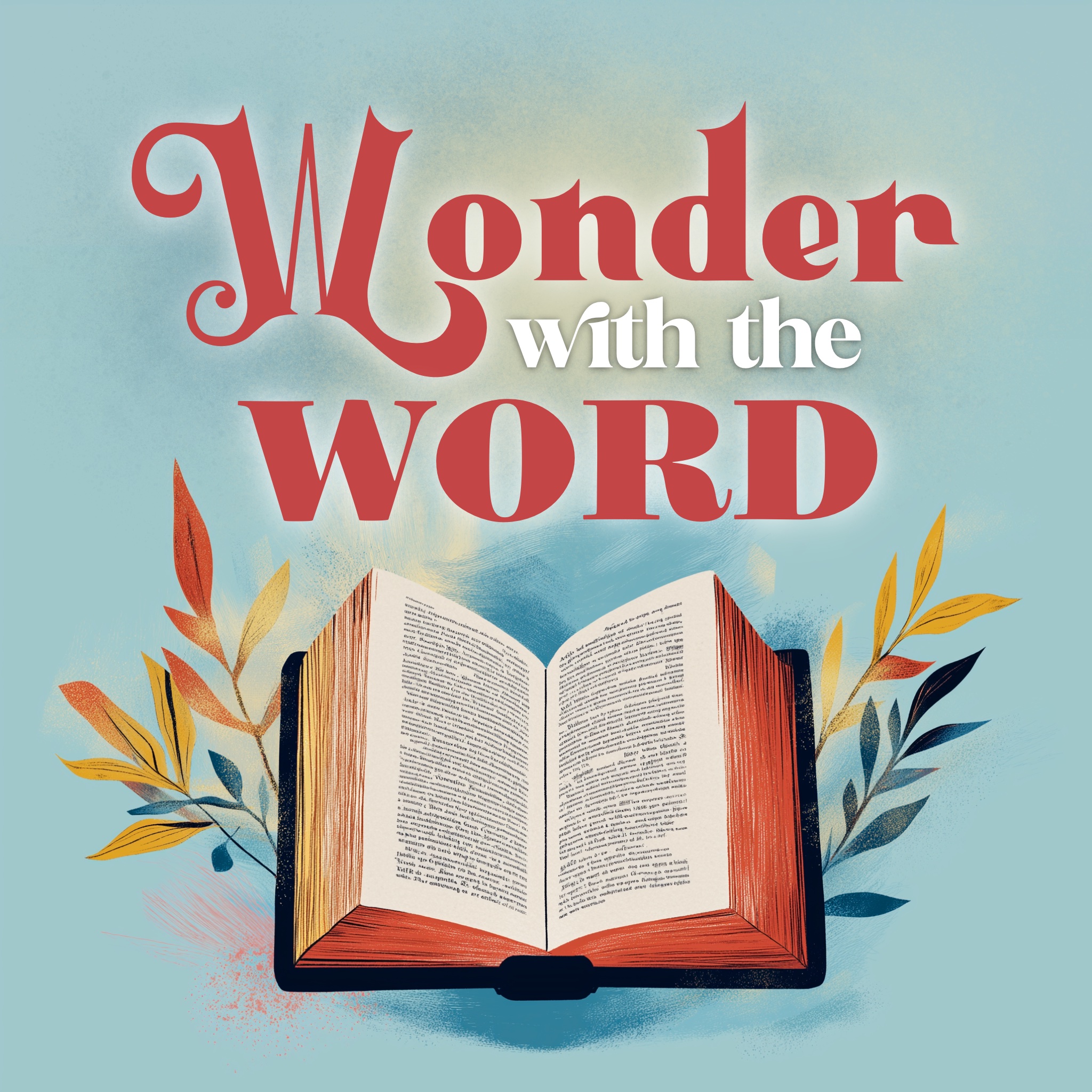



Why do people think that there is systemic racism in this country when we give minorities as much help as we can?
Hi Eric –
We’re not only speaking about blatantly racist acts. It’s systemic in the sense that power has for centuries, been concentrated among white people, and that’s very hard to undo, despite all the programs we create. Those things can help to an extent, but because of these power systems in place for so long, there is a deeper bias in all of us, even in good people and minorities themselves, that preferences lighter-skinned people. Opening up our awareness to this is as great start. Taking the Harvard Implicit Bias test is insightful. Read books like White Fragility or Racial Justice and the Catholic Church to see how much racial discrimination is simply built into our economics, education, healthcare, housing, income, etc. Again, very hard to undo, but we need to begin to recognise it if we’re going to change it.
Andy
I don’t see why me as a white male who has never owned slaves should pay reparations to someone who has never been a slave, and who is also condoning the destruction of any physical proof of historical racism. It’s akin to their fighting violence with violence. If you pull back far enough though, you will see the strings being pulled in neo-Marxist fashion. Not to mention, BLM actually came out and revealed this to the public.